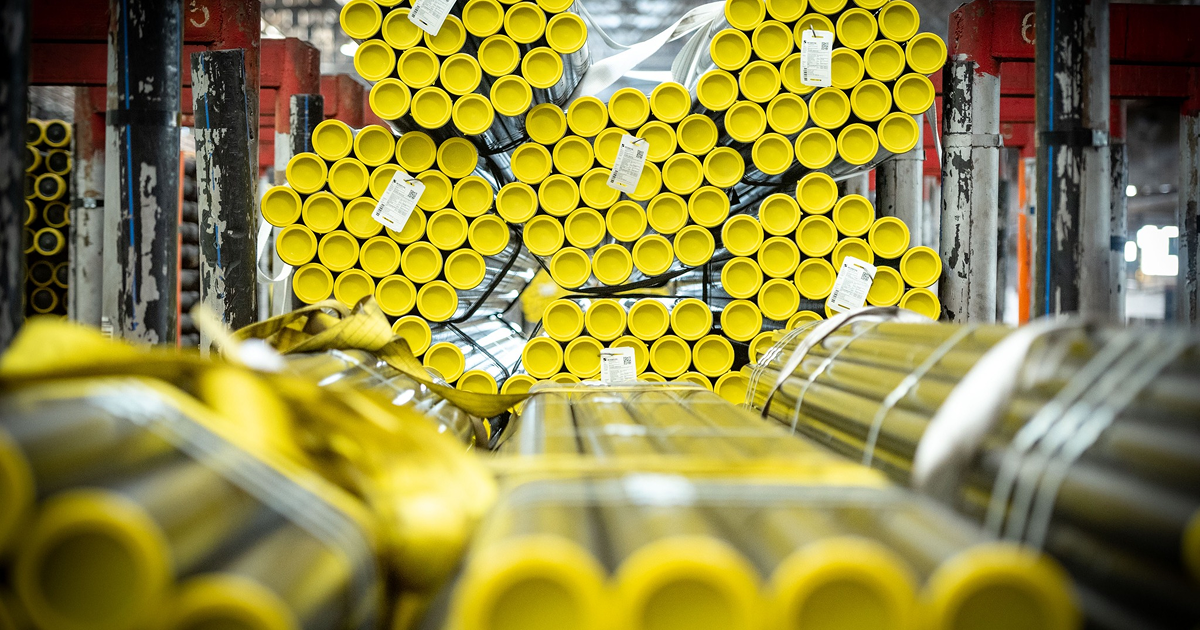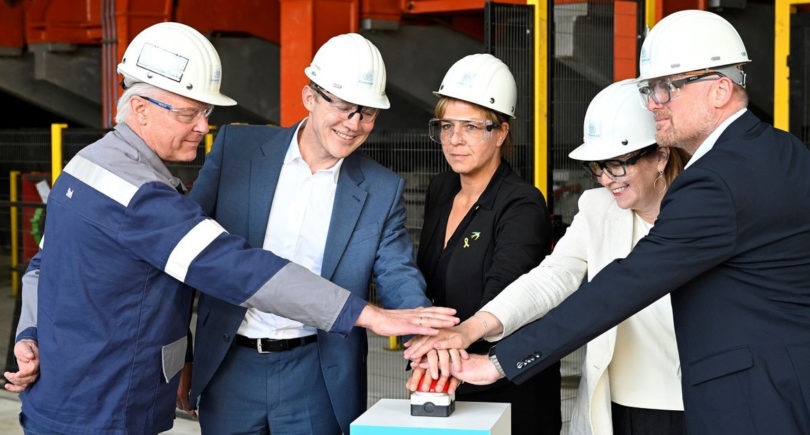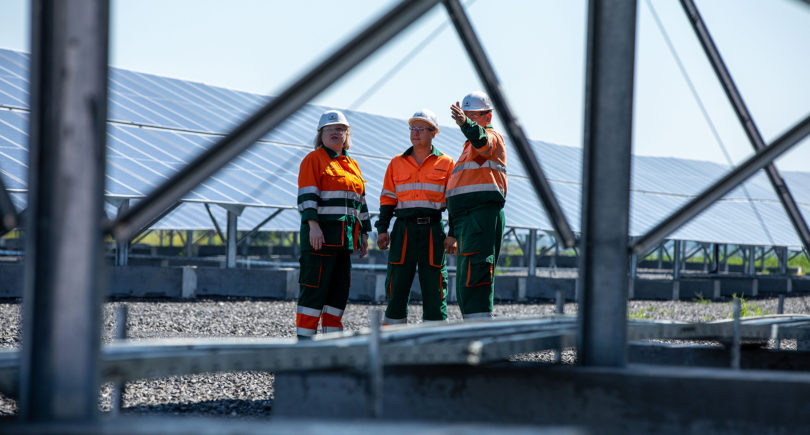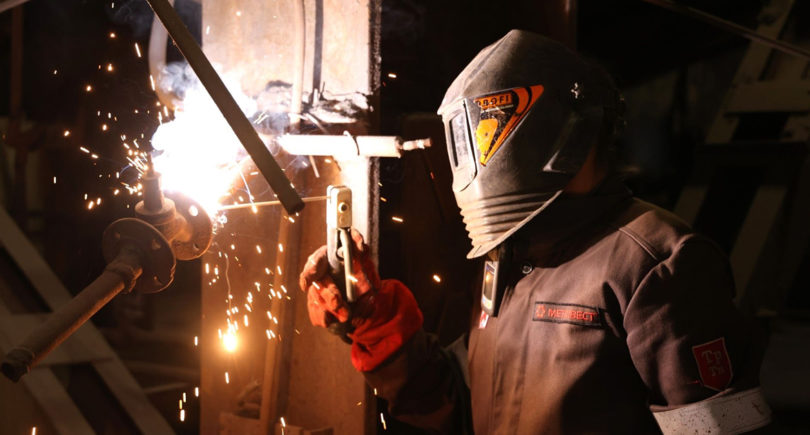
This is possible thanks to new investment projects, further transition to green energy and the selection of green suppliers
Ukrainian industrial company Interpipe plans to reduce specific CO2 emissions per tonne of seamless pipes by 26% and railway products by 25% by 2030 compared to 2023.
Vladyslav Varnavskyi, Interpipe’s Director of Environmental and Industrial Safety, said this during the presentation of the Decarbonization Path program.
“Although the company has made impressive progress on the path to decarbonization over the past 14 years, our future goals are even more ambitious in terms of reducing greenhouse gas emissions. By 2030, Interpipe plans to reduce specific CO2 emissions per tonne of seamless pipe by 26% and railway products by 25% compared to 2023,” said Vladyslav Varnavskyi.
According to him, the main factors that will help achieve the planned emission levels will be the following
- new investments in heat treatment processes for pipes and railway products;
- additional energy efficiency projects in 2026-2030;
- shifting the balance of electricity towards carbon-neutral sources (hydro and nuclear power, as well as energy generated from renewable sources);
- implementing a procurement policy, including selecting suppliers based on CO2 emissions, and replacing some of the pig iron with scrap from Ukrainian Railways.
The condition for achieving these targets is to maintain the current level of sales.
Already, the company’s greenhouse gas emission reduction rate is one of the best in the industry, as it meets the European Green Deal policy goal of reducing emissions by 55% by 2030.
In 2024, Interpipe reduced specific CO2 emissions per tonne of seamless pipes by 61% and rail products by 46% compared to 2010.
As GMK Center reported earlier, Interpipe maintains its competitiveness by investing in production. This helps the company open up new market segments, including pipes with premium connections and wheels for high-speed passenger traffic.




